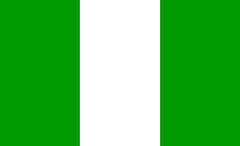 The most comprehensively homophobic legislation ever proposed
The most comprehensively homophobic legislation ever proposed
From
Pink News
New legislation currently being debated by politicians in Nigeria could be the most serious crackdown on the rights of gay and
lesbian people since the Iranian revolution.
The Prohibition of Relationships Between Persons of the Same Sex, Celebration of Marriage by Them, and for Other Matters Connected Therewith, is the title of the bill.
It has been
approved by the Nigerian Federal Executive Council and is now before the National Assembly. It is expected to be passed and become law shortly.
The president, Olusegun Obasanjo, controls the Executive Council and his Nigerian People's Party has a
majority in the both the Senate and House of Representatives. Although a centrist party, they derive most of their support from the Christian south of the country, and the Anglican church played an active role in promoting this legislation.
Human
rights campaigner Peter Tatchell contacted PinkNews.co.uk to draw attention to the nature of the new legislation, which has the active backing of other Christian churches in Nigeria, the most populous country in Africa: The bill outlaws almost every
expression, affirmation and celebration of gay identity and sexuality, and prohibits the provision of sympathetic advice and welfare support to lesbians and gay men. This draconian measure will outlaw membership of a gay group, attending a gay
meeting or protest, advocating gay equality.
Donating money to a gay organisation, hosting or visiting a gay website, the publication or possession of gay safer sex advice, renting or selling a property to a gay couple, expressions of
same-sex love in letters or emails, attending a same-sex marriage or blessing ceremony, screening or watching a gay movie, taking or possessing photos of a gay couple, and publishing, selling or loaning a gay book or video.
The new law
carries an automatic five year jail sentence for those who break it.
Despite protests of governments and human rights activists, the Nigerian government have pressed ahead with the new laws, which are in
contravention of various international treaties. Homosexuality is already illegal in the country. Nigeria's criminal code penalises consensual homosexual conduct between adults with 14 years imprisonment.
The Anglican Church, who have a huge
powerbase in Nigeria, have been key in promoting this bill. The church has been increasingly vocal about its disapproval of the position of women and gay men in the English and American churches.
The bill currently being debated in the
Nigerian parliament, is the most comprehensively homophobic legislation ever proposed in any country in the world, " said Peter Tatchell: We appeal to gay and human rights groups worldwide to take urgent action to press the Nigerian
government to uphold international human rights law and to drop this draconian legislation.
Update: United Nations Against Nigeria
See
United Nations Press Release
United
Nations human rights experts Friday condemned a proposed Nigerian law banning gay marriage and tightening laws criminalizing homosexuality in the country.
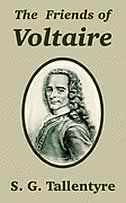
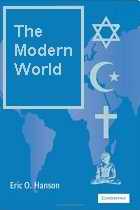
 Mobile phone porn banned in China
Mobile phone porn banned in China 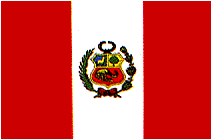 Calls for Internet cafe filters in Peru
Calls for Internet cafe filters in Peru  China blocks 1.8 million blogs
China blocks 1.8 million blogs  Satellite channel blocked by the Thai authorities
Satellite channel blocked by the Thai authorities  Wide ranging human rights resolution passed
Wide ranging human rights resolution passed  Pakistan police smash up TV station
Pakistan police smash up TV station 
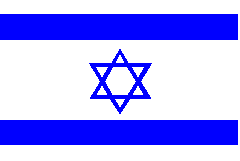 Israel mandates biometric checks for adult web surfers
Israel mandates biometric checks for adult web surfers  Turk punished for genocide denial
Turk punished for genocide denial 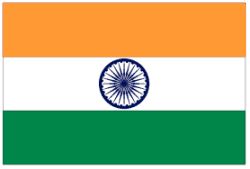 Serious Indian TV to be limited to after 11pm
Serious Indian TV to be limited to after 11pm 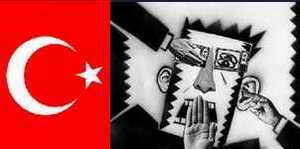 Turkey bans YouTube as they take offence at video taunts
Turkey bans YouTube as they take offence at video taunts 
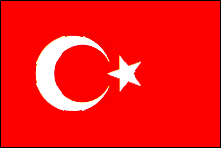 Turkey debates a wide range of websites to block
Turkey debates a wide range of websites to block  Adult toys and DVDs illegal together
Adult toys and DVDs illegal together 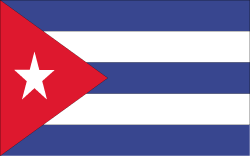 Cuba ejects critical journalists
Cuba ejects critical journalists 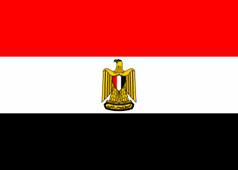 Egypt bow to US request to block satellite channels
Egypt bow to US request to block satellite channels 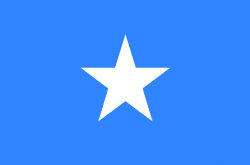 Somalia to send censors to radio and TV stations
Somalia to send censors to radio and TV stations 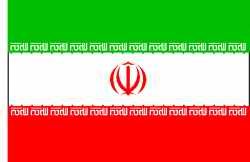 Iran closes website showing president watching female dancing
Iran closes website showing president watching female dancing 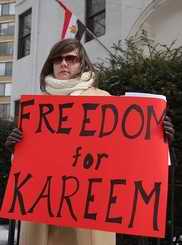
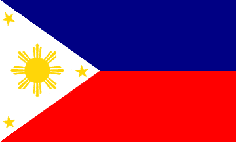 Philippines continues to be a dangerous place for journalists
Philippines continues to be a dangerous place for journalists 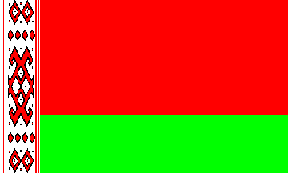 Belarus Internet cafes to spy for the KGB
Belarus Internet cafes to spy for the KGB 
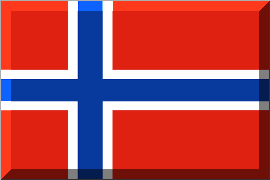 Proposal to install state Internet filter in Norway
Proposal to install state Internet filter in Norway 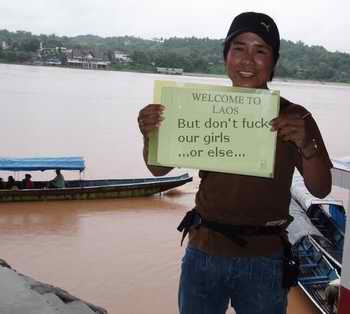 Thai TV soap offends Laos and is pulled
Thai TV soap offends Laos and is pulled 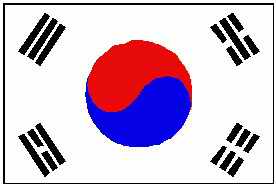 South Korea to target cyber crime
South Korea to target cyber crime 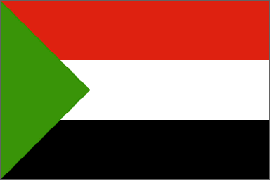 Sudan closes paper for reporting on beheading of editor
Sudan closes paper for reporting on beheading of editor
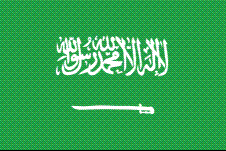 Annual Report on Saudi
Annual Report on Saudi 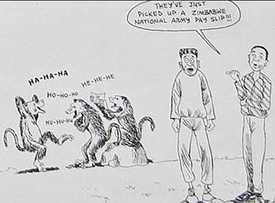
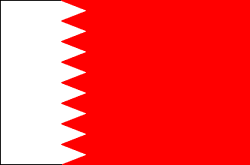 Nasty laws proposed in Bahrain
Nasty laws proposed in Bahrain 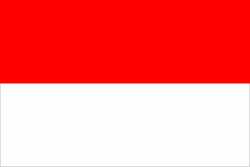 Blamed for the dour state of Indonesia's film industry
Blamed for the dour state of Indonesia's film industry 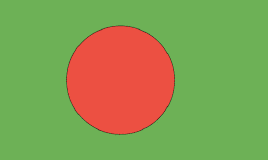 Bangladesh news censorship invoked
Bangladesh news censorship invoked 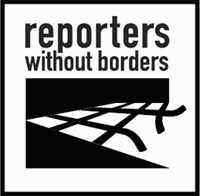
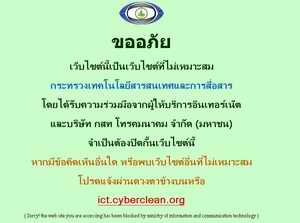 Number of blocked Thai websites soars 500%
Number of blocked Thai websites soars 500%  South Africa now will prosecute webmasters of adult sites
South Africa now will prosecute webmasters of adult sites 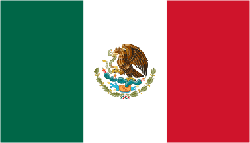 Mexican journalists under duress
Mexican journalists under duress 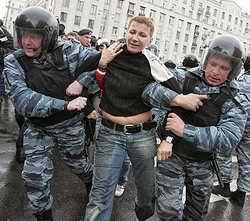 Moscow bans gay parade
Moscow bans gay parade 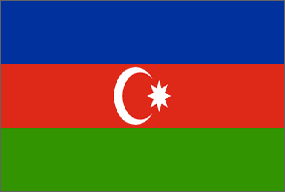 Amnesty International report on Azerbaijan
Amnesty International report on Azerbaijan 
 Moldova government close radio station
Moldova government close radio station  International internet companies talk
about about freedom
International internet companies talk
about about freedom 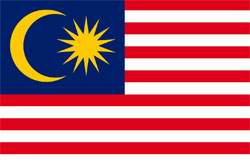 Blogger to remove posting on grounds of
'libel'
Blogger to remove posting on grounds of
'libel' 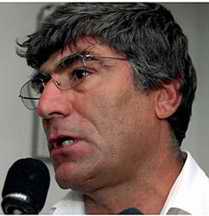 Paying a high price for freedom of speech
Paying a high price for freedom of speech  Censored Internet Movie Database
Censored Internet Movie Database  China proposes more reality TV censorship
China proposes more reality TV censorship  Media censored so as not to confuse the Thai public
Media censored so as not to confuse the Thai public 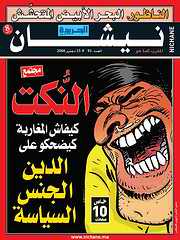 Moroccan authorities ban magazine
Moroccan authorities ban magazine 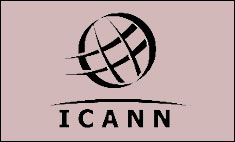 XXX Internet Domain idea reappears
XXX Internet Domain idea reappears 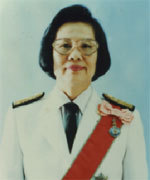
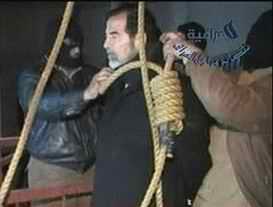 Copy cat Hanging in Pakistan
Copy cat Hanging in Pakistan 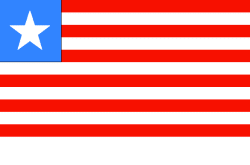 Liberian newspaper unbanned
Liberian newspaper unbanned 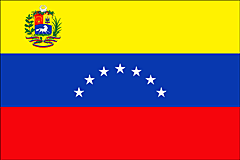 Venezuela president to close opposition TV
Venezuela president to close opposition TV 